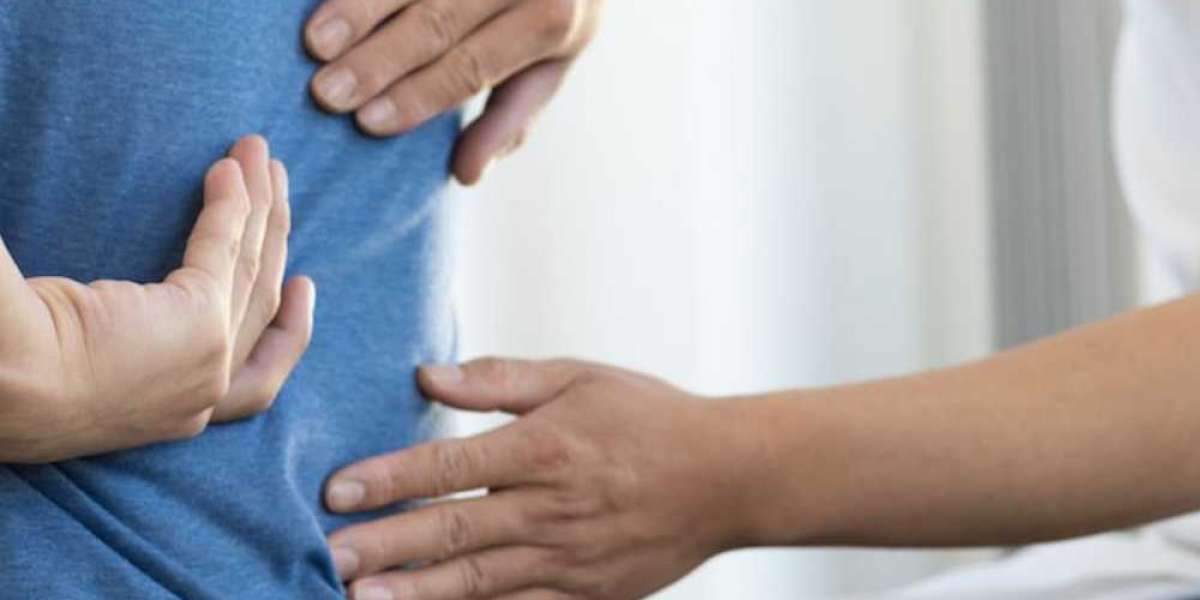Kidney stones are a common health issue that can cause intense pain. Without proper treatment, they may lead to infections or kidney damage. Choosing the right kidney stone treatment is important for quick recovery. This guide explains different treatments in simple words to help you make the best choice.
1. What Are Kidney Stones?
Kidney stones are hard lumps made of minerals and salts that form in the kidneys. They can be small like grains or big enough to block urine flow. Common causes include not drinking enough water, eating too much salt, and some medical conditions.
Symptoms of kidney stones include:
Sharp pain in the lower back or belly
Frequent need to urinate
Blood in the urine
Nausea and vomiting
Burning feeling when urinating
If you have these symptoms, visit a urology surgeon for proper diagnosis and treatment.
2. How Are Kidney Stones Diagnosed?
Doctors do tests to find out the size, type, and location of kidney stones. Common tests include:
Ultrasound: A painless scan to detect stones.
CT Scan: Gives a clear image of the urinary system.
X-ray: Helps find large stones.
Urine and Blood Tests: Check for infections or other conditions.
Once the doctor knows the details, they suggest the best treatment for you.
3.Simple Treatments for Small Kidney Stones
If the kidney stone is small, it may pass on its own with simple treatments such as:
Drinking More Water: Helps flush out stones naturally.
Pain Relievers: Over-the-counter medicines ease discomfort while passing stones.
Medications: Some medicines help relax the urinary tract, making it easier to pass stones.
Diet Changes: Reducing salt and certain foods like spinach can prevent new stones from forming.
If the stone is small and not causing severe pain, these treatments work well.







